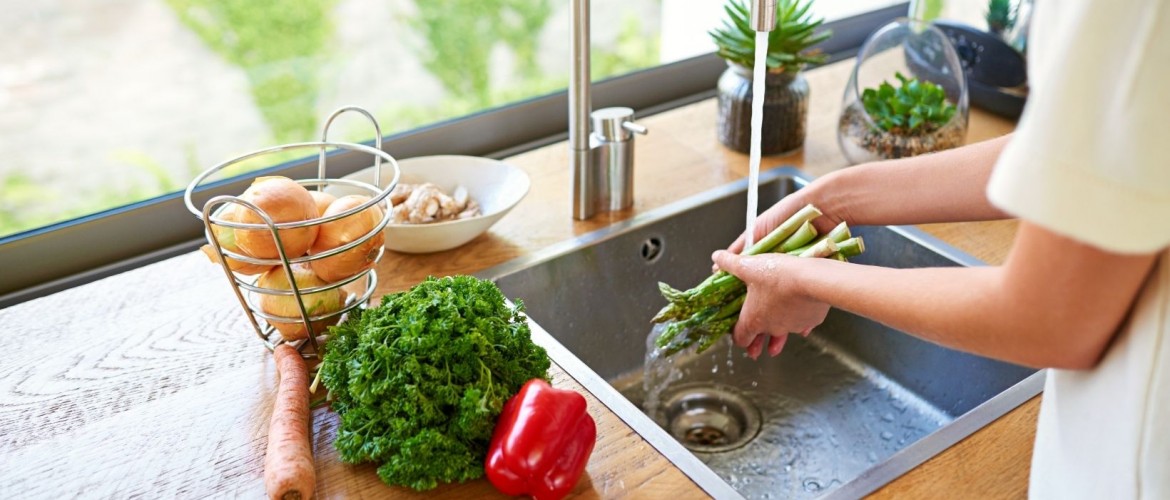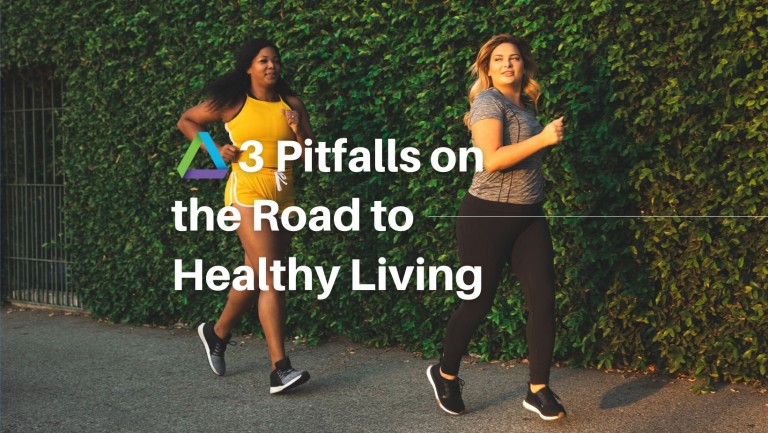On the road to health, it’s easy to take a wrong turn and end up lost. Sometimes even our best intentions to improve our health can backfire. Check out these 3 common traps we can fall into when we’re trying to improve our health and some ways to overcome them.
Relying on Supplements
There is no supplement that can do what a healthy diet and exercise can do for your body. Too often we rely on supplements to improve our energy, help us lose weight, regulate our sleep, and boost our mood. Unfortunately, if we don’t start with a solid base of healthy habits, most supplements aren’t going to give us the benefits we want. A balanced diet including a large variety of different plants (vegetables, fruits, beans, nuts, grains) and moderate amounts of protein (from animals or plants) is a healthy way to eat for most people. Striving for at least 150 minutes of moderate or high intensity exercise is also a good place to start. Work on improving your diet, getting adequate exercise, and see what else changes. You’d be surprised how far a simple lifestyle changes can go to improving your overall health and wellbeing.
Choosing Processed Foods
Ultra-processed foods are ubiquitous in the western diet, and they are linked to increased risk of heart disease, diabetes, and obesity (even when controlled for nutrient content). When we’re trying to be healthy, we might turn to these foods without thinking twice because they are marketed as healthy options. Some examples include processed protein powders, shakes, low-calorie snacks, flavored yogurts, cold cuts, and pre-portioned diet meals (you’ve probably seen commercials!). Unfortunately, these products may be taking a toll on your long-term health. Look at your diet and identify sources of ultra-processed foods in your daily life. Start by swapping out some of these foods with whole food alternatives. Not sure where to start? Meet with a dietitian to help you identify ultra-processed foods in your diet and find healthier alternatives.
Flavoring Your Water
Flavored water drops, powders, diet sparkling drinks, sugar free iced tea, diet sports drinks—these are not the same as drinking water. Any time you add a flavor or sweetness to your beverage (even if it’s calorie free or ‘sugar free’), you are training your brain to seek sweets and look for more intensely pleasurable foods. Healthy foods can’t compete with those flavors, so you begin to seek out more and more ultra-processed foods (see above). Drinking plain water is a fundamental part of staying healthy. The good news is drinking water is a skill, and just like any other skill, it can be learned- but it must be practiced. If you don’t like water, start by slowly diluting your flavored drinks over a month or two until you are comfortable drinking plain water. Try making your own infused waters with whole food ingredients like lemon wedges, cucumbers, mint, or strawberries.
- Registered Dietitian Nutritionist and Certified Diabetes Care and Education Specialist, Katie Schaeffer

